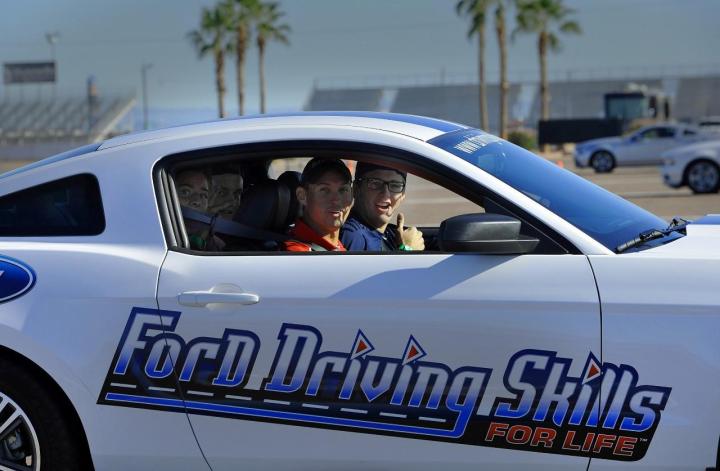
Ford recently been organized events across Europe for drivers ages 17 to 24. Besides improving their driving skills, students also get to experience a suit that makes them feel drunk.
Convincing people not to drive drunk, especially in Europe where the drinking age is lower, is a difficult task. The suit that Ford made for its Driving Skills for Life program simulates all the effects of drinking such as: reduced vision, reaction times, and hearing.
Sadly, the suit is not all that ingenious of an idea. However, I will afford Ford the applause for implementing it. The suit consists of weights strapped around the wearers, ankles, wrists, and arms. A neck brace restricts movement and goggles reduce peripheral vision.
Ford is adamant about implementing these free driving events, considering a recent survey conducted revealed that 66 percent of of 17-to-24-year-olds in Europe do not know the legal alcohol blood level. A reported 56 percent of individuals in the survey also say their friends have driven under the influence.
Watch the video below to see the suit in action.
Editors' Recommendations
- Ford reveals the vehicle destined for its autonomous-car services
- Ford releases self-driving car data to encourage further research
- Ford wants to trick your body into thinking it’s warm to maximize EV range
- Honda joins GM, Mercedes, Toyota in self-driving group
- Most people want to keep their cars away from full self-driving, study says


